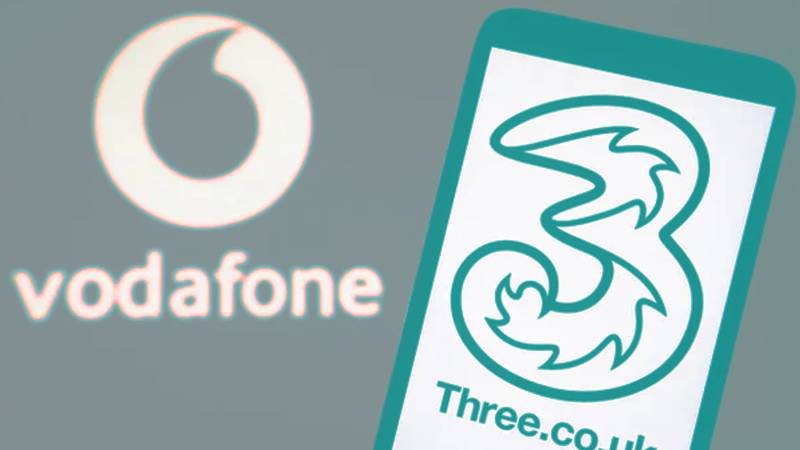
Vodafone and Three representatives have informed MPs that their planned merger would not raise rates, despite the fact that it would reduce the number of rivals in the mobile sector.
The companies want to consolidate their UK-based operations, resulting in the creation of the largest mobile network in the UK, with around 27 million consumers.
Regulators must still approve the transaction.
However, the Unite Union claims that if the plan is implemented, costs may climb by £300 per year.
The United Kingdom now has four main mobile operators: Vodafone, Three, EE (a division of BT), and Virgin Media O2.
Unite's investigative researcher, George Stevenson, told the Business and Trade Committee on Tuesday that uniting Vodafone and Three would be terrible for customers.
"The UK is perfectly capable of supporting four or many other mobile network operators," he told the BBC.
"But if we have this merger take place, we're going to see price rises, and we're going to see profits go up."
However, Three General Counsel Stephen Lerner stated that the corporations' joint business strategy had "no merger-related price increases."
"I want to make it clear: it's not part of the transaction rationale, and we are not planning any increases in prices," he told reporters.
The companies said they were in negotiations with the Competition and Markets Authority (CMA), which will look into the merger's possible impact.
Lerner stated that he was "confident" the CMA would accept the combination, which the companies claim will result in £6 billion in investment in the first five years and £11 billion in total.

